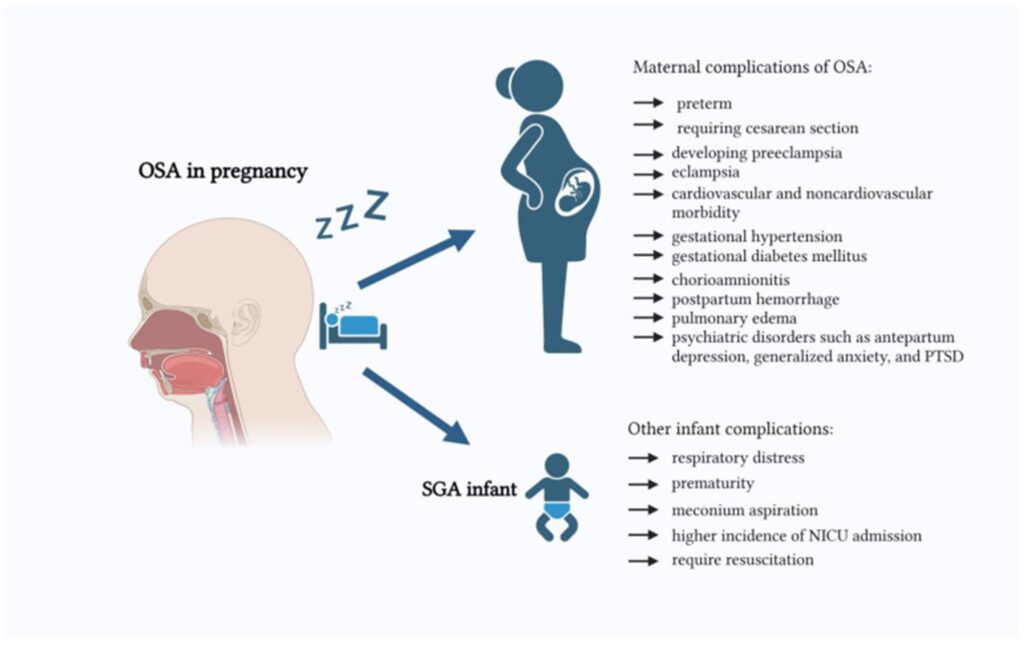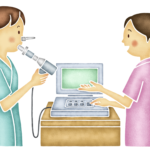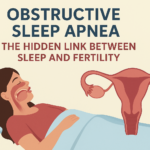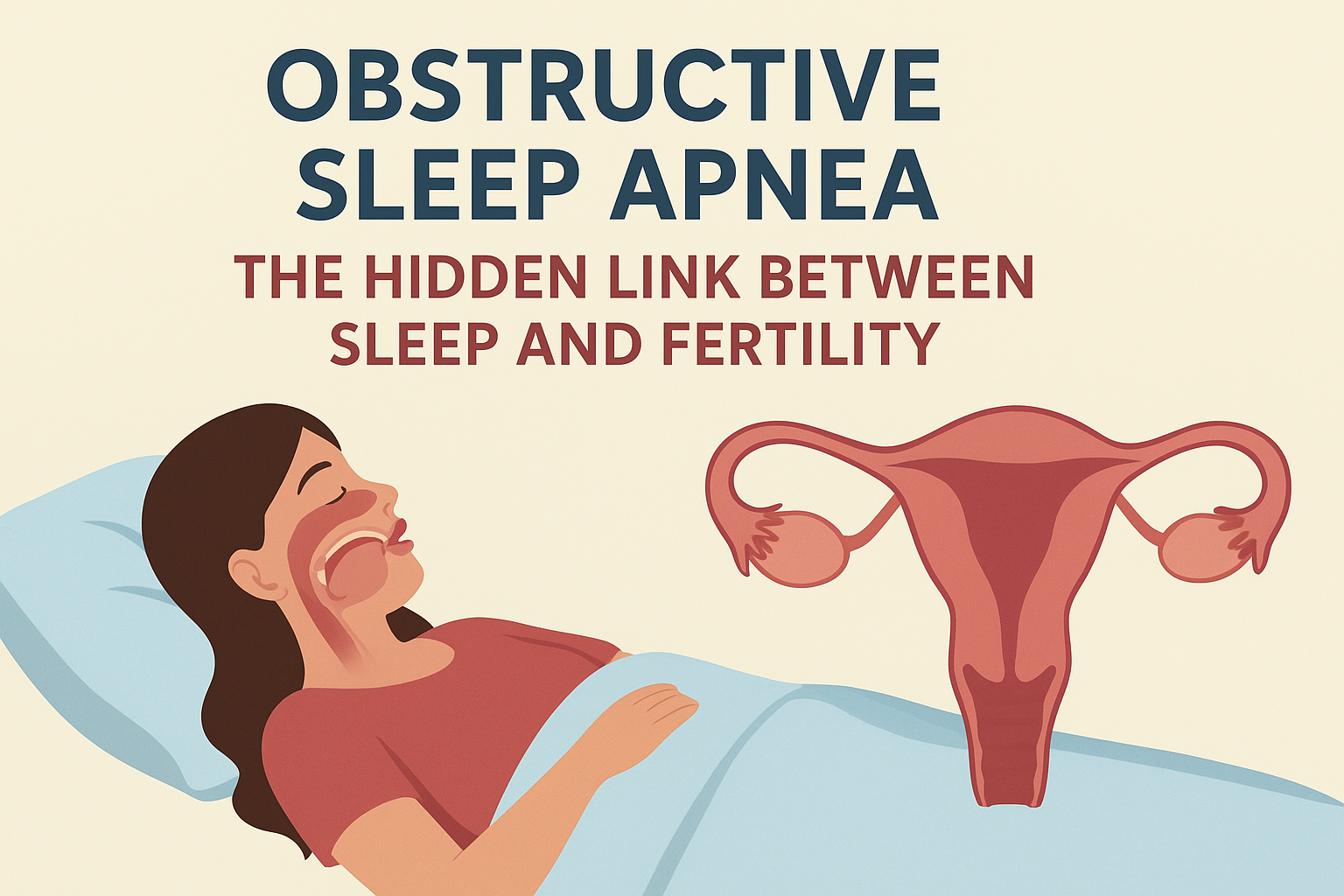Written By Dr. Jyotsana Shree and Reviewed by Dr.Manvir Bhatia-17/01/2025
Sleep is essential during pregnancy for your well-being and your baby’s development. Quality sleep supports your immune system, regulates mood, improves memory and focus, and helps your body prepare for the demands of childbirth.
But what happens when sleep is disrupted, such as with Obstructive Sleep Apnea (OSA)? Let’s explore why sleep matters and how you can manage sleep disturbances like OSA to ensure a healthier pregnancy for you and your baby.
What is obstructive sleep apnea?
OSA occurs when the airway temporarily collapses during sleep, causing breathing pauses. These episodes disrupt your rest, leading to low oxygen levels, increased heart rate, and high blood pressure. Left untreated, OSA can cause fatigue, mood swings, and concentration problems, and it raises the risk of conditions like heart disease, stroke, and diabetes. During pregnancy, these risks can affect both maternal and fetal health.
Snoring is the most common sign of OSA, affecting 40% of patients. While not everyone who snores has OSA, frequent and loud snoring often indicates increased airway resistance, which can lead to this serious sleep disorder. Factors such as obesity, alcohol use, and anatomical features like a thick soft palate or enlarged tonsils increase the risk of both snoring and OSA.
It is important to seek medical evaluation if snoring occurs alongside symptoms such as gasping, daytime fatigue, or frequent awakenings. Early diagnosis and treatment of OSA can help prevent complications like heart disease, high blood pressure, and diabetes.
Why Does OSA Happen During Pregnancy? Pregnancy causes several changes that can increase the likelihood of developing OSA:
- Hormonal Changes: Higher progesterone and estrogen levels can cause airway swelling.
- Weight Gain: Extra weight, especially around the neck, increases pressure on the airway.
- Fluid Retention: Pregnancy-related swelling (edema) can narrow the airway.
- Structural Changes: Increased blood flow and physical changes during pregnancy put extra pressure on the airway.
How Common is OSA During Pregnancy?
OSA affects 3% to 27% of pregnant women, with its prevalence increasing from 3.6% in the first trimester to 26% by term. This shows that OSA can worsen as pregnancy progresses.
Are You at Risk?
Certain factors increase your risk of developing OSA during pregnancy:
- Obesity
- Advanced maternal age
- Chronic hypertension
- Frequent snoring
- Conditions like type II diabetes, cardiovascular disease, and smoking
How to Spot OSA Symptoms?
Many OSA symptoms are subtle but can significantly affect your daily life. Be on the lookout for:
- Loud snoring or gasping for air during sleep
- Breathing pauses noticed by a partner
- Morning headaches
- Daytime sleepiness or trouble staying awake
- Difficulty with memory or concentration
If you notice these symptoms, talk to your healthcare provider immediately.
Why Sleep is Crucial During Pregnancy?
Good sleep during pregnancy is vital for both you and your baby.
- For You: Sleep affects mood, decision-making, memory, and overall health. Poor sleep can lead to increased fatigue and a weakened immune system, raising the risk of conditions like gestational diabetes and preeclampsia.
- For Your Baby: Sleep disruptions can affect fetal development, increasing the risk of preterm birth, low birth weight, and complications due to reduced oxygen levels.
Maternal and infant complications of OSA

Best Sleeping Positions During Pregnancy
Finding the right sleeping position can help you get the rest you need:
- Left-side sleeping: The best position, as it improves blood flow to the heart, kidneys, and uterus, delivering more oxygen and nutrients to your baby.
- Right Side Sleeping: Acceptable, but not as optimal as the left side.
- Avoid Back Sleeping: This can cause back pain and pressure on the vena cava, interfering with blood flow and potentially causing dizziness.
- Avoid Stomach Sleeping: As pregnancy progresses, sleeping on your stomach becomes impractical.
To stay comfortable, consider using extra pillows for support—such as a wedge pillow for your belly or a pillow between your knees to relieve lower back pressure.
Sleep Hygiene Tips for Expecting Mothers
Good sleep hygiene is especially important during pregnancy. Here’s how you can improve your sleep quality:
- Create a Calm Sleep Environment: Keep your bedroom cool, dark, and quiet. Limit the bed to sleep and intimacy only.
- Stick to a Consistent Bedtime: Prioritize sleep by going to bed at the same time each night. Avoid late-day naps that could interfere with nighttime rest.
- Engage in Calming Activities: Read a book, take a warm bath, or practice deep breathing to help you wind down before bed.
- Limit Caffeine and Heavy Meals: Avoid caffeine, spicy foods, or heavy meals too close to bedtime to reduce the risk of heartburn or GERD.
- Use Technology Wisely: Turn off screens at least an hour before bed to help your mind unwind.
- Stay Hydrated: Drink plenty of water during the day, but reduce liquid intake close to bedtime to minimize nighttime bathroom trips.
Management of OSA?
Managing OSA during pregnancy is essential for your health and your baby’s development:
- Consult Your Healthcare Provider: Share your symptoms with your doctor, who may recommend a sleep study to confirm OSA.
- Consider CPAP Therapy: Continuous Positive Airway Pressure (CPAP) is a safe and effective treatment that helps keep your airway open during sleep, improving oxygen levels for both you and your baby.
- Maintain a Healthy Lifestyle: Follow a balanced diet and manage weight gain as advised by your doctor. Stay active with safe, pregnancy-friendly exercises, and sleep on your side to reduce OSA risks.
Why Treating OSA is Essential
Treating OSA can:
- Lower the risk of complications like preeclampsia and gestational diabetes
- Improve oxygen levels, promoting healthy fetal growth
- Reduce the chances of preterm birth and other birth-related issues
Takeaway for Expecting Mothers: Prioritize Your Sleep for a Healthier Pregnancy If you experience symptoms like snoring, daytime sleepiness, or trouble staying asleep, consult your healthcare provider. Early detection and treatment can help prevent complications and ensure better outcomes for you and your baby. Focus on sleep hygiene by keeping your environment cool, dark, and quiet, and avoid caffeine and heavy meals before bed. Sleeping on your left side is ideal for better blood flow, with pillows for added support. Prioritizing good sleep habits and positions can help manage OSA and promote a healthier pregnancy.
References:
- Tayade S, Toshniwal S. Obstructive Sleep Apnea in Pregnancy: A Narrative Review. Cureus. 2022 Oct 17;14(10):e30387. doi: 10.7759/cureus.30387. PMID: 36407139; PMCID: PMC9668203.
- Maniaci A, La Via L, Pecorino B, Chiofalo B, Scibilia G, Lavalle S, Scollo P. Obstructive Sleep Apnea in Pregnancy: A Comprehensive Review of Maternal and Fetal Implications. Neurology International. 2024 May 7;16(3):522-32.
- Grajczyk A, Dżaman K, Czerwaty K, Kasperczak M, Zgliczyńska M, Stępień A, Kosińska-Kaczyńska K. A Relation between Obstructive Sleep Apnea in Pregnancy and Delivering Small for Gestational Age Infant—A Systematic Review. Journal of Clinical Medicine. 2023 Sep 14;12(18):5972.
Sleep Foundation. Pregnancy & Sleep: Common Issues & Tips for Sleeping. Last accessed on 07.01.2025. Available at: https://www.sleepfoundation.org/pregnancy











